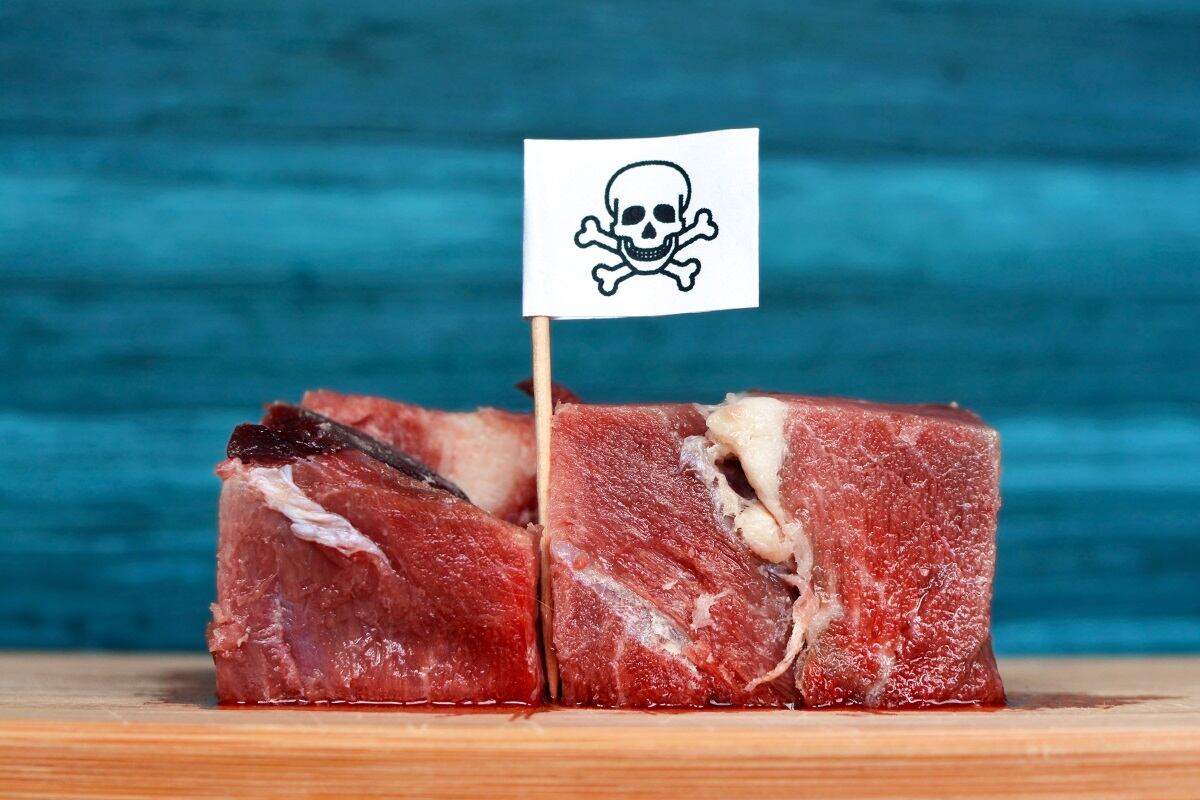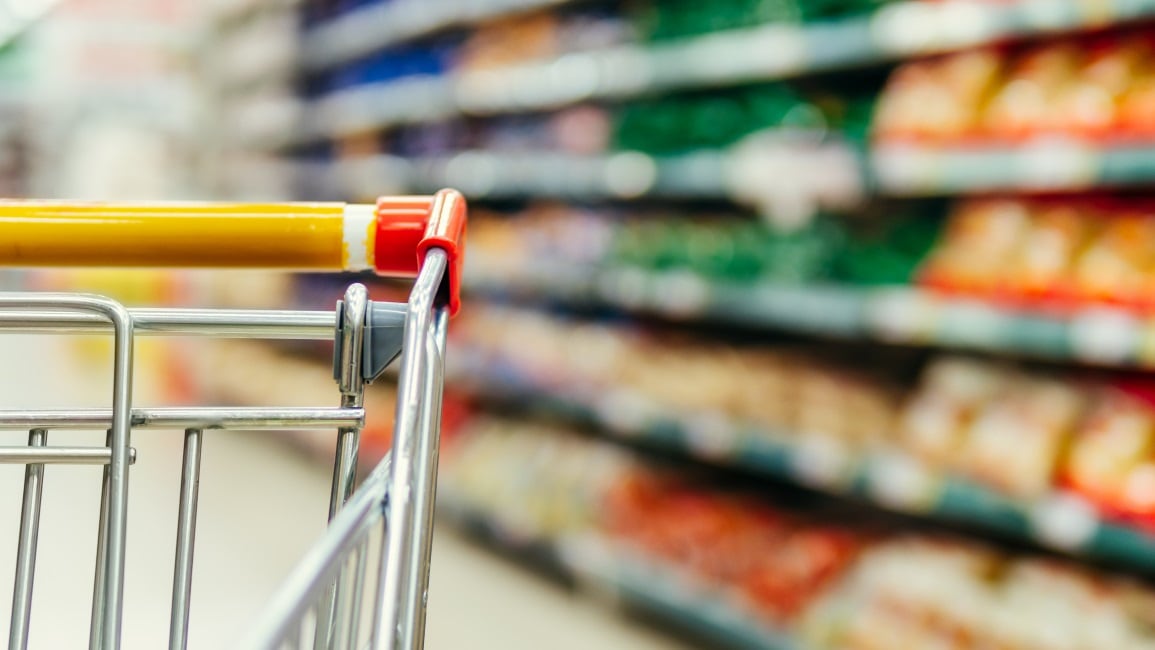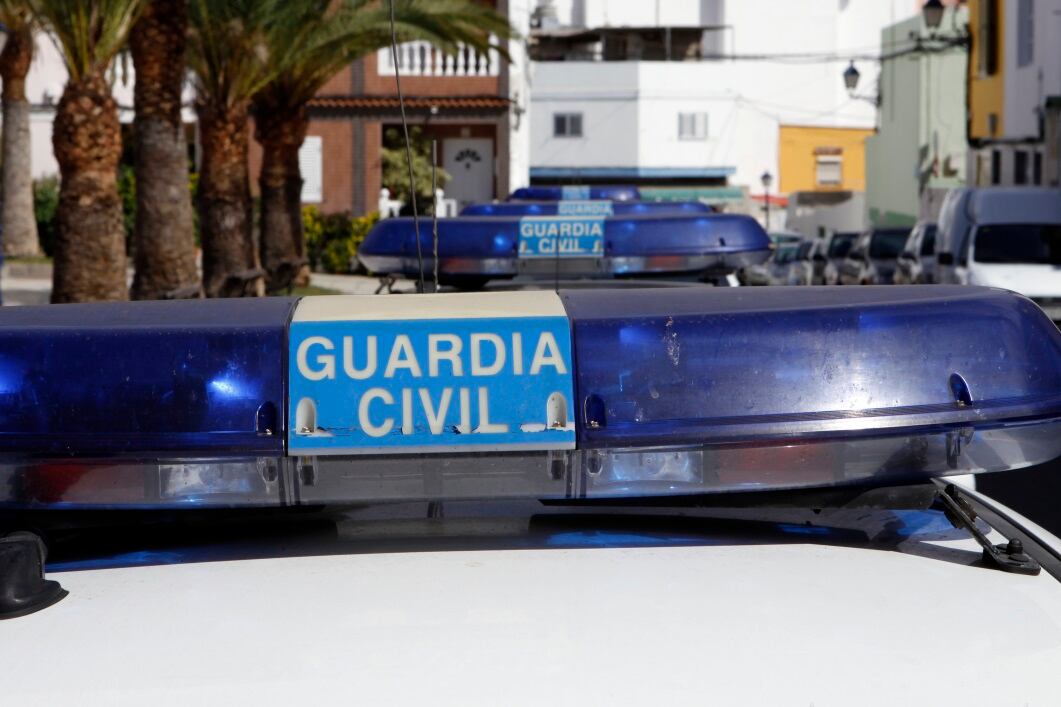The Spanish Civil Guard (Guardia Civil) has ‘dismantled’ an organised crime gang selling horsemeat deemed unfit for human consumption, Europol revealed on Monday.
The illegal horsemeat, detected on the market in Spain, came from 300 horses, the Spanish Environment Protection Service (SEPRONA) determined.
Searchers were subsequently carried out at stables and slaughterhouses around Barcelona and Catalonia, when documentation linked to more than 10,000 horses was checked.
The investigation led to the seizure of 185 falsified horse passports and the detection of a further 100 other horses ‘uncompliant with food market regulations’.
Authorities said a criminal gang – active in the province of Barcelona – falsified documents to support their illegal activities. Farms, cattle dealers and vets were also involved in the food fraud, according to authorities.
Fifteen suspects have been arrested and a further 13 individuals are under ongoing investigation.
The gang had been actively selling unfit meat onto the market since 2015 – meaning that significantly greater amounts of illegal meat were likely sold over this period of time. “The seized false documents confirmed that the organised crime group could have been responsible for introducing meat from hundreds of slaughtered animals onto the market, which failed to comply with national and European regulations,” Europol noted.
Underlying issues raise questions over food security

Unlike the 2013 horsemeat scandal, which involved species substitution when horsemeat was passed off as beef and sold across multiple European countries, this latest scam involved selling meat deemed unfit for human consumption. This meat should never have entered the food chain. Yet it did.
Ingrid Kragl, information director at consumer watchdog Foodwatch, welcomed the success of the operation. However, she stressed that this is just the tip of the iceberg.
“This action puts a stop to a fraudulent practice, and this is good news. But the problems remain. The likelihood of [all] the fraudsters being caught is low.”
Kragl told FoodNavigator that cases of horsemeat fraud are worryingly commonplace and suggested that criminal elements are able to exploit the same weaknesses in the regulatory and enforcement framework time and again. “Horses with fake 'equine' passports are still traded in the EU today without consumers being informed… Fraudsters still find it easy to bring horses into the food chain with fake 'equine' passports due to a lack of detailed specifications for quality assurance obligations, a lack of official information obligations towards consumers, inadequate traceability systems and insufficient control personnel.”
In 2018 alone, France was affected by horsemeat fraud ‘at least four times’ while Germany faced similar problems in 2019. And the issue certainly is not limited to horsemeat. Food fraud costs the global food sector an estimated US$30-40 billion per year and the consequences can be far-reaching, Cindy Braddon, head of public policy at the Transnational Alliance to Combat Illicit Trade (TRACIT), told us.
“Generally, criminals who engage in food fraud – just as in other illicit trade schemes of other products, such as pharmaceuticals, alcohol, pesticides, cosmetics, fuel and luxury goods – share common tactics and routes. They exploit the same vulnerabilities in regulatory governance and global supply chains and expose consumers to fake and potentially harmful products. For example, these criminals typically are involved in smuggling; bribery and corruption; tax evasion; and money laundering.”
What should be done?
Foodwatch does not believe that adequate mechanisms are in place to protect consumers from criminals.

In particular, Kragl suggested greater responsibility should be placed on supermarkets to ensure the products they sell are authentic. “Supermarket chains, which are supposed to guarantee the legal conformity of the products they sell, can still present themselves as victims of fraud because of the lack of clear legal requirements over their inspection obligations. Instead of being held accountable for the sale of fraudulent products, they remain unpunished,” she insisted.
Ultimately, however, Kragl says incidence of food fraud must be interpreted as evidence that EU food regulations simply are not fit for purpose. “On paper, EU food law - Regulation (EC) 178/2002 - is intended to provide consumers with a high level of protection. In theory, the traceability of food throughout the supply chain must be guaranteed. In reality, this is far from being the case.”
Kragl’s critique of the failings of European food chains cuts deep. “European legislation neither provides for complete traceability systems nor requires adequate quality assurance measures from manufacturers and food chains. In the event of a clear case of food fraud, it does not even oblige authorities to publish information immediately. Citizens are left in the dark. With each new scandal, new evidence of long overdue improvements come to light. And every time we see that it is too late - we have already consumed these products.”
While TRACIT believes that operators in the food chain are working to stamp out food fraud, the organisation also advocates for a supply chain re-think.
"The food industry works hard to implement tracking and compliance measures to make its supply chain safe and compliant with regulatory standards,” Braddon stressed.
However, she continued: “TRACIT advocates for strong industry ‘know your customer’ and ‘know your supplier’ programs; track, trace and report systems with a certification process all the way from farm to fork; working with food industry associations, law enforcement agencies and border patrols; and sustained consumer awareness programs.”
‘We have a right to know what we eat’
Foodwatch also expressed frustration at the unanswered questions and opaque processes that law enforcement bodies operate under.
Indeed, the statement from Europol left many questions unanswered. It failed to detail which customers had purchased the fraudulent meat, where it had been distributed, which consumers had been exposed to it, and what brands and retailers were involved. And – beyond saying the meat was ‘unfit’ – authorities failed to detail exactly what this means. Could consumers have been exposed to potentially damaging chemicals not permitted in the food chain, for instance?
When contacted by FoodNavigator, Europol and the Spanish authorities did not provide an immediate reply.
Stonewalling is a response all too familiar to

Foodwatch, its information chief sympathised.
“Foodwatch is fighting for this necessary transparency but we are denied the access to information, just like you experienced. We write to the authorities on a regular basis to get details and information, but we are left in the dark… There is no obligation for authorities to inform the consumers regarding [food] fraud. This is problematic because we have the right to know what we eat.”
TRACIT’s Braddon has a different perspective. “We push for transparency and information sharing between law enforcement, governments, business and consumers in order to identify trends and patterns and to develop and implement solutions,” she explained.
That said, TRACIT understands from working with its law enforcement partners that the timing of the open disclosures can be delayed so to ‘protect an ongoing investigation that is intended to stop the larger crimes and criminals and the integrity necessary for convictions and criminal prosecutions’.
Braddon explained that the ‘basic principle of criminal investigation’ across many countries is that information needs to remain confidential. On the Spanish case in particular, she suggested it is ‘understandable’ that more detailed information was not shared.
“Even if there were no confidentiality issues preventing disclosure, it’s likely that the investigators themselves would need time to understand the full picture. We would expect more will be known if and when a public trial gets underway, which unfortunately could take months or even years.”
But Foodwatch’s Kragl insists this simply isn’t good enough if the food sector and regulators are to reassure consumers.
“A lack of transparency leads to a lack of trust. How can we trust the industry, the retailers?
“Foodwatch will continue to demand fundamental improvements in European food law. The recently completed amendment to the General Food Law (VO 178/2002) is not enough. Traceability, controls, sanctions and above all transparency of the authorities must be improved in the interests and for the benefit of all EU citizens. We have a right to know.”




